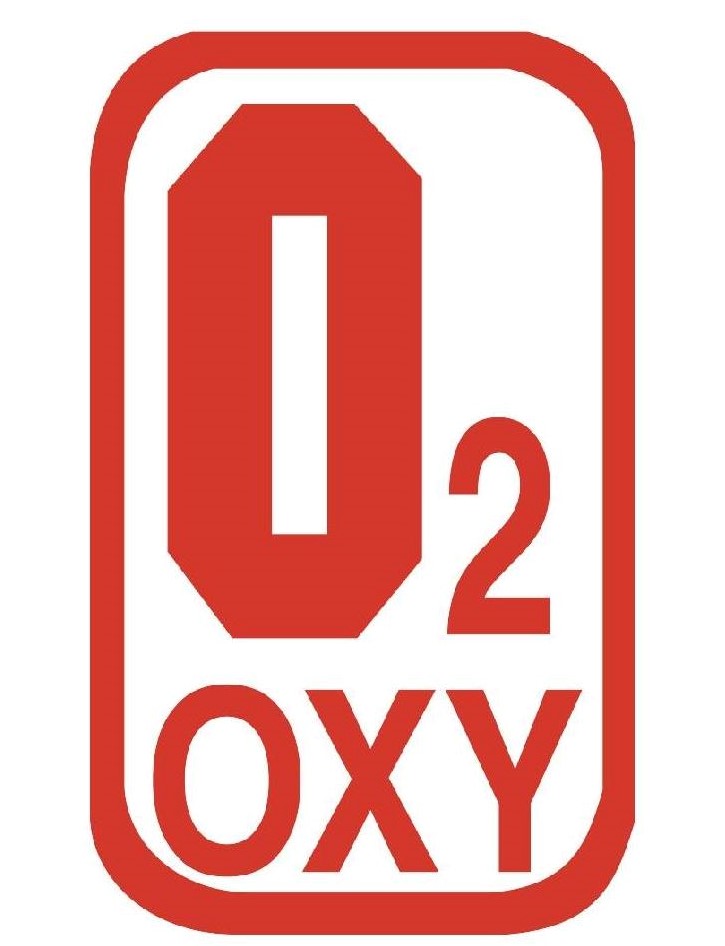Manifolds

General Information
Manifolds are equipment which connects two or more valves of a hydraulic system.
A variety of block/isolate valves can be combined in a single body configuration. Each of these valves has a separate opening below in order to connect a pipe. The main body or valve chamber is common to all.
These manifolds commonly include ball, bleed, needle, and vent valves. Their use results in savings in terms of space and installation costs.
Types of Manifolds
Two way manifold valves- are mainly used for general plant service, standard pressure and differential pressure instrumentation devices, pressure equalization, venting, and block and bleed applications.
Three way manifold valves- are prominently involved in pressure and differential pressure instrumentations.
Five way manifold valves- are also used for pressure and differential pressure instrumentations.
Advantages of a manifold valve
Manifold valves are used in a number of different applications, ranging from mobile machineries to heavy industrial equipment.
When included in a fluid control and/or regulation system, valve manifolds have shown to improve efficiency as well as reduce energy costs. Other advantages include:
Shorter path flows which reduces pressure drop and heat fluctuations, improving overall energy efficiency of the system
Reduction in installation costs as well as fluid connections because of a simpler, more compact design
Minimum chances of oil leak due to less number of connections, further reducing the need for upkeep against fatigue, wear and lose joints
Improved layout due to less hoses and connections
Small, compact cartridge sizes which suits confined spaces
Get In Touch
0755333120 | 0752700700
Location
Plot 501, Jinja road
Nakawa Industrial Area
P. O. Box 4641, Kampala
Hours
Mon to Friday: 8am – 5pm
Sat: 8am – 1pm
Sun: Closed
